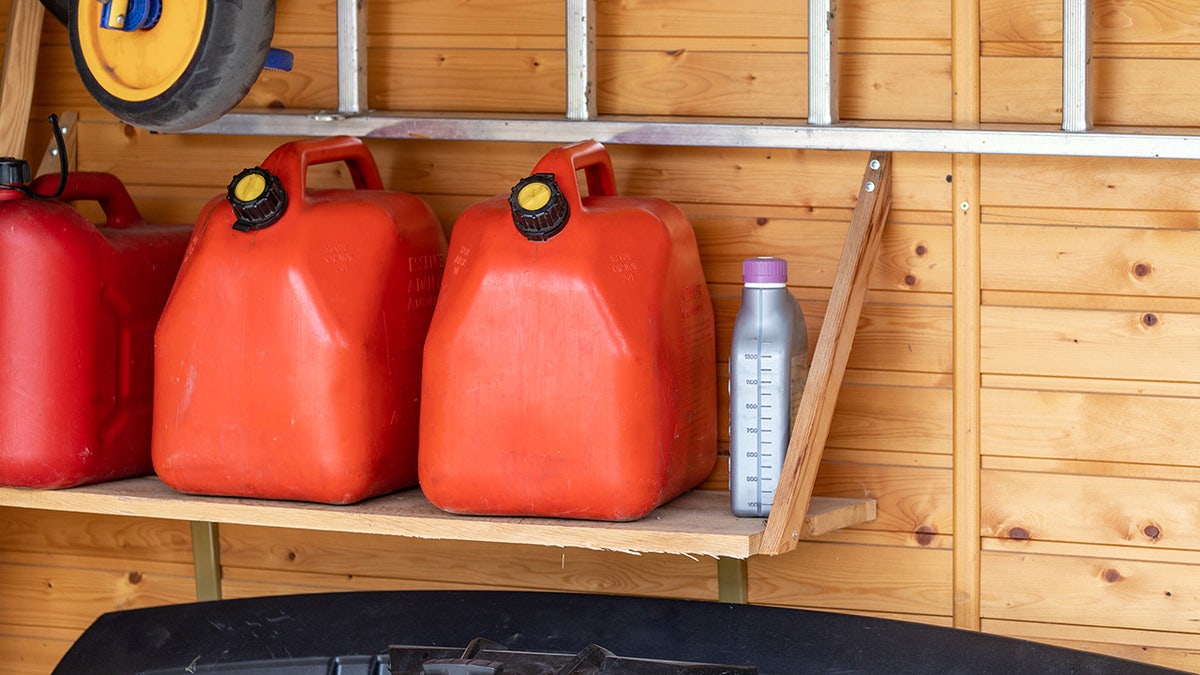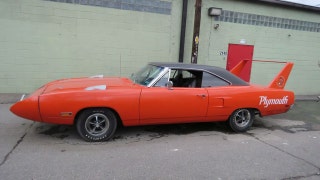Should you stock up on gasoline when prices drop?
After gas prices have dropped precipitously over the past week, the idea of storing gas is on the minds of many Americans but should you do it? The answer is probably not and this is why.
Gasoline prices have plummeted in recent weeks as people started staying at home to help fight the spread of the coronavirus just as Saudi Arabia and Russia increased oil production.
The nationwide average hit $2.17 per gallon on Friday, and Gas Buddy analyst Patrick De Haan thinks it may fall as low as $1.49 in the coming weeks. But should consumers be stocking up on cheap fuel while they can?
The short answer is, probably not. Here’s why:
According to the American Petroleum Institute, most fire codes across the country limit the amount of fuel you can store at home to just 25 gallons, without special permits. That’s only enough for one or two tankfuls, depending on the type of vehicles you own, and its recommended that you keep in containers of five gallons or less.

(Kyryl Gorlov/iStock)
While that may be a useful amount to have around for generators, power tools and emergencies, it really won’t put much of a dent in your annual motor vehicle fuel budget. There’s also the matter of how long you can hang on to it before it goes bad.
Over time, a combination of oxidation, the evaporation of volatile organic compounds and water absorption make gas and diesel fuels less combustible. According to Bob Villa's website, ethanol-containing E10 may only be good for around three months, while pure gasoline can last up to six months without stabilizers, which can extend that to a year or more. Diesel can be more resilient, with a shelf life of six to 12 months according to fuel additive specialist Bell Performance, but none of these figures are exact and can vary depending on the conditions under which the fuel is stored.
THE BEST WAY TO KILL CORONAVIRUS IN CARS
So, while it’s always a good idea to keep the tank in your vehicle full during uncertain times, and low prices make that easier to do, trying to hedge your long-term expenses by turning your yard into a filling station is likely more trouble than its worth for most people.
That said, if you want to keep any around, API suggests that you should check your local ordinances and store it at least 50 feet from any ignition sources in a separate structure from your home. Villa adds that putting a date on the container will help you avoid any misfires when you finally do get around to using it.







































